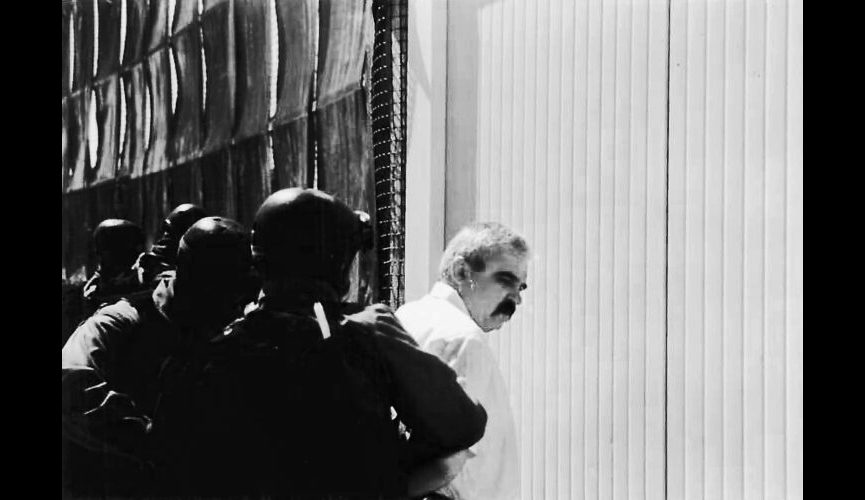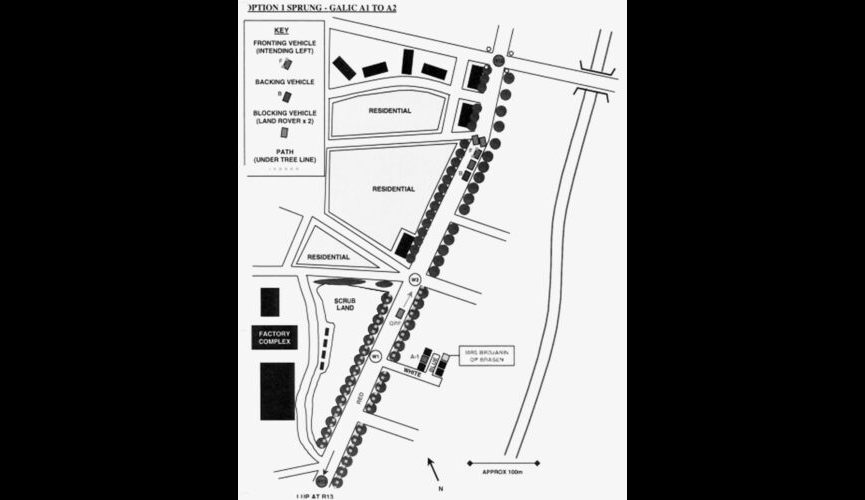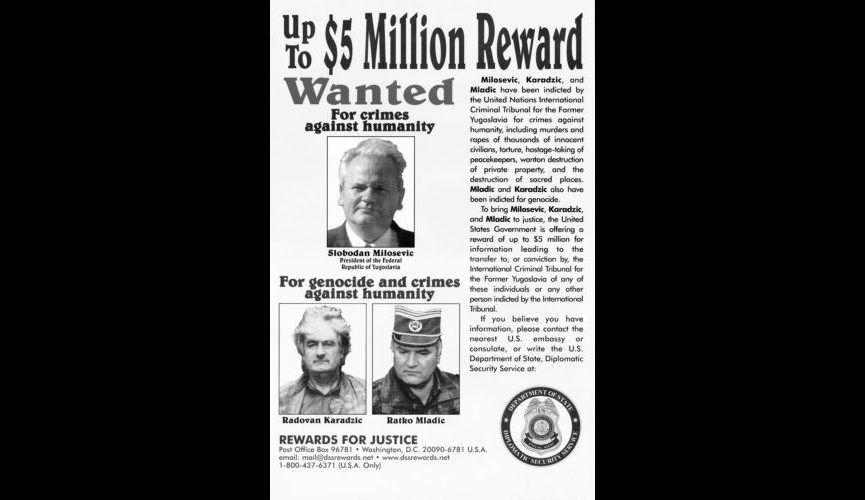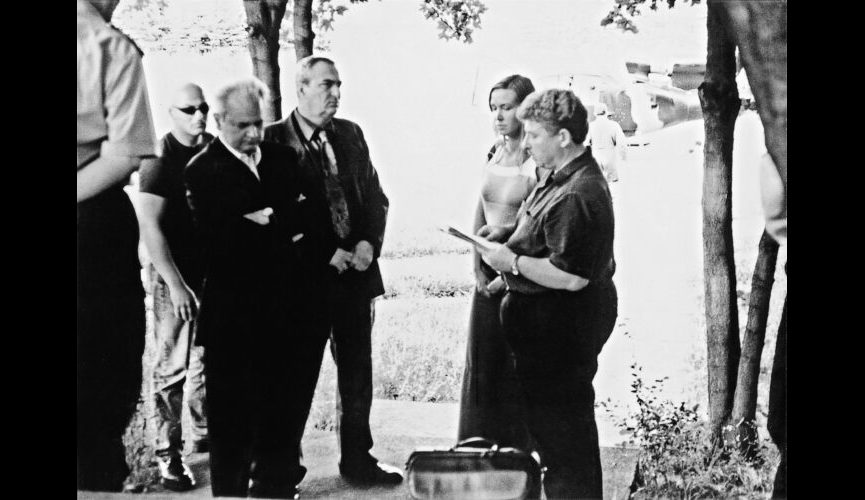A New Focus On Menopause And Women’s Health After 40
Menopause. Once a taboo topic, the "m" word is having a moment – among celebrities, in the media, and in Washington, where President Biden recently signed an order that supports research into women's health. Dr. Sharon Malone says it's about time, and explains why understanding "the change" is critical for a woman's ability to get – and stay -- healthy.






